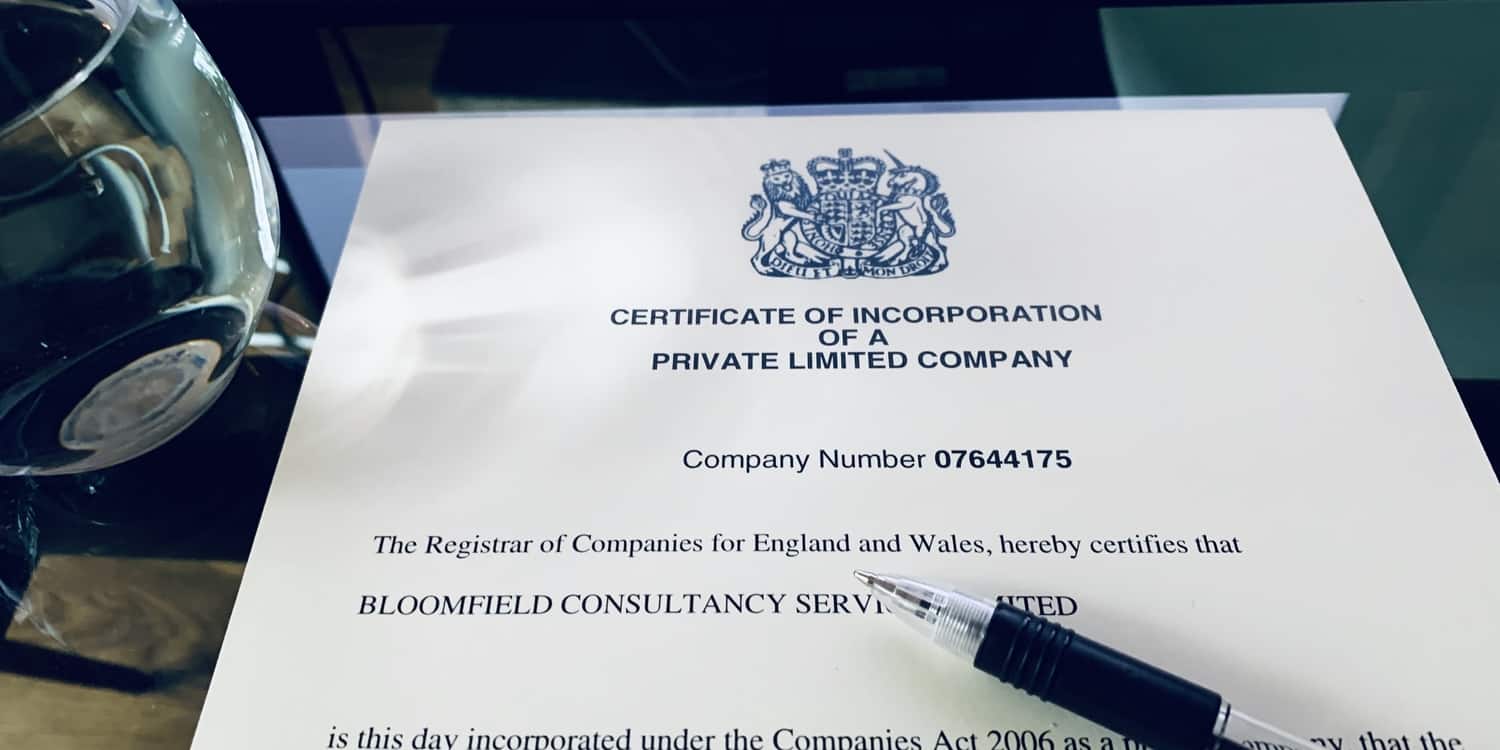What you should know...
Companies limited by shares, more commonly referred to as limited companies, account for most private companies registered in the UK. This company structure is particularly popular as the company exists as a separate legal entity from the individual owner.
This means the owners have limited financial liability, so their personal finances are protected if the company encounters financial problems.
Limited liability is a major benefit over the sole trader structure whereby the sole trader is liable for business debt. This page provides all of the need-to-know information about private companies limited by shares.
Benefits of companies limited by shares
- Limited financial liability – Shareholders’ personal finances are protected and they are only responsible for company debts up to the nominal value of their shares.
- Incorporated status will greatly improve your professional image and business profile. Limited companies are often more appealing to prospective clients and investors, giving the impression of a well-organised, established, and reputable business.
- You can choose to sell shares in your company at any time to raise additional capital or grow the business.
- Another company can be a shareholder or director in a limited company. However, there must always be at least one natural (human) director. Please note: legislation has recently been passed to ban corporate directors, which is currently being implemented.
- Ownership of a limited company can be passed on. As the company exists as a separate legal entity from the individual, the company can continue to exist even in the event of the owners’ death – unlike a sole proprietorship.
- When you register a company name, it is protected and cannot be used by any other limited company or LLP, nor can another company register a name that is the same as, or too similar to your own company name.
Forming a company limited by shares
Incorporating a company limited by shares is incredibly simple.
Here is what you need to know about the process of setting up a company limited by shares and some key points about maintaining your business after company formation:
- All companies limited by shares must be legally registered with Companies House, the official Registrar of Companies in the UK.
- You must have a unique company name to get approval from Companies House.
- You must have a registered office address – this is the official address of the company which will appear on public record. This must be a full physical address (not a PO Box Number) in the same country (jurisdiction) as the company is registered.
- You require a minimum of one shareholder and one director to set up a company limited by shares. The same person can hold both positions.
- Standard Industrial Classification (SIC) codes must be included to describe the business activities that your company will engage in. You can provide a maximum of four codes.
- Details of all People with Significant Control (PSCs) in the company must be included on the application. In most companies, the PSCs are the shareholders.
- On incorporation, Companies House will issue a memorandum of association to state the names of the first shareholders (known as the 'subscribers') and their intention to form the company and take at least one share.
- A governing document called the articles of association must be adopted during the company incorporation process - this outlines the rules and regulation of the company and its members and officers.








